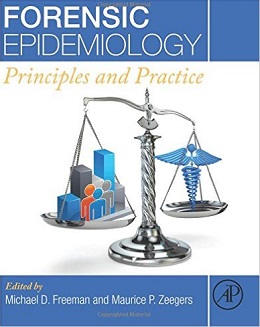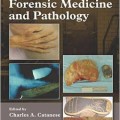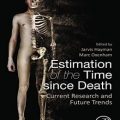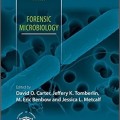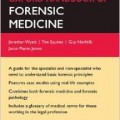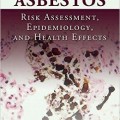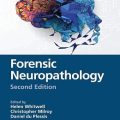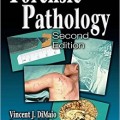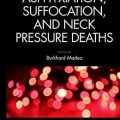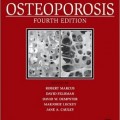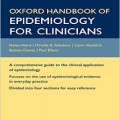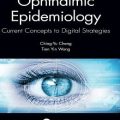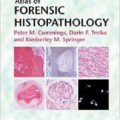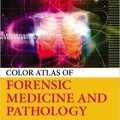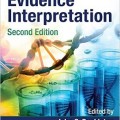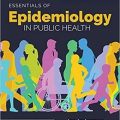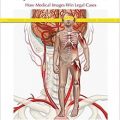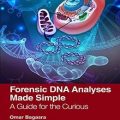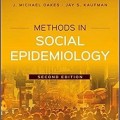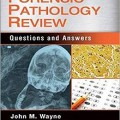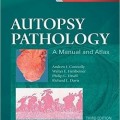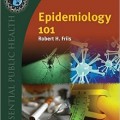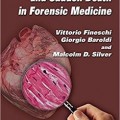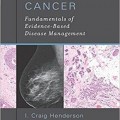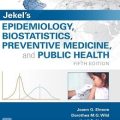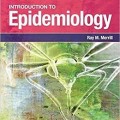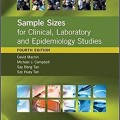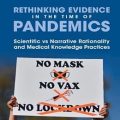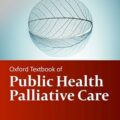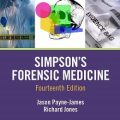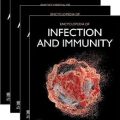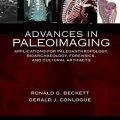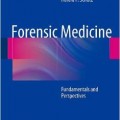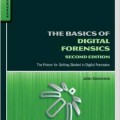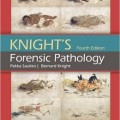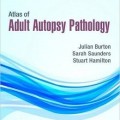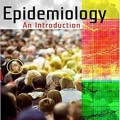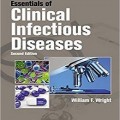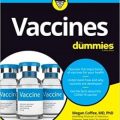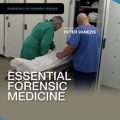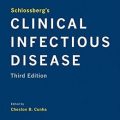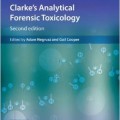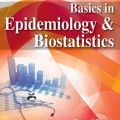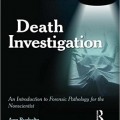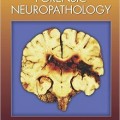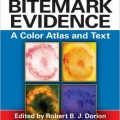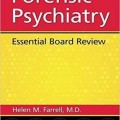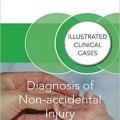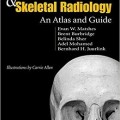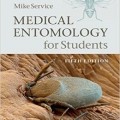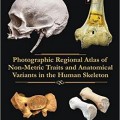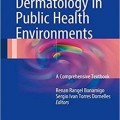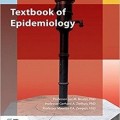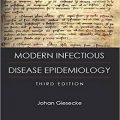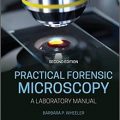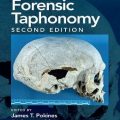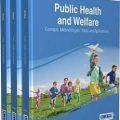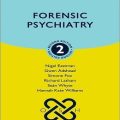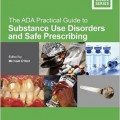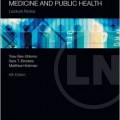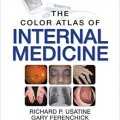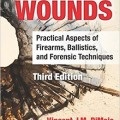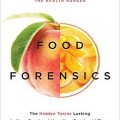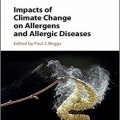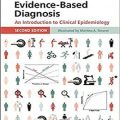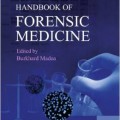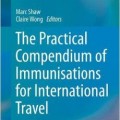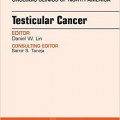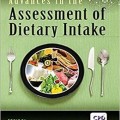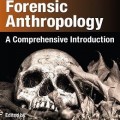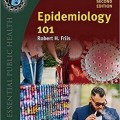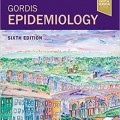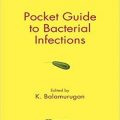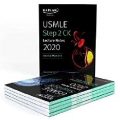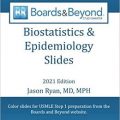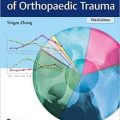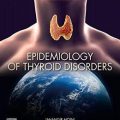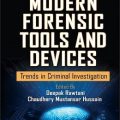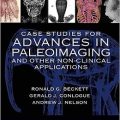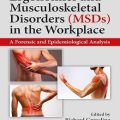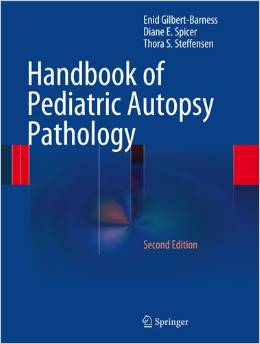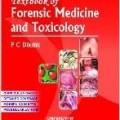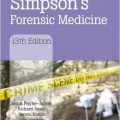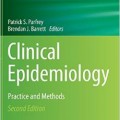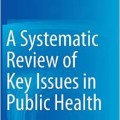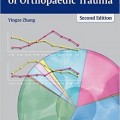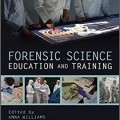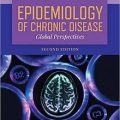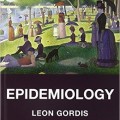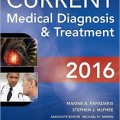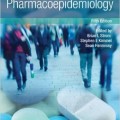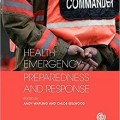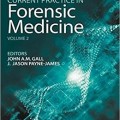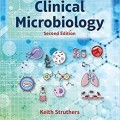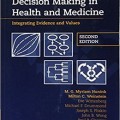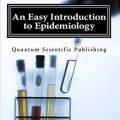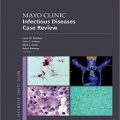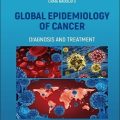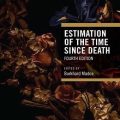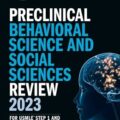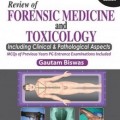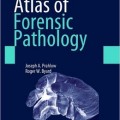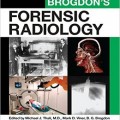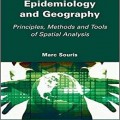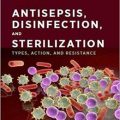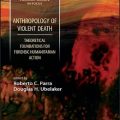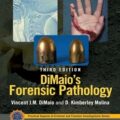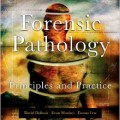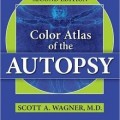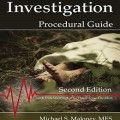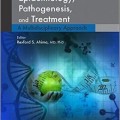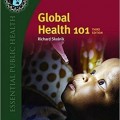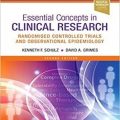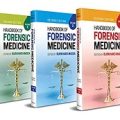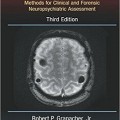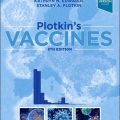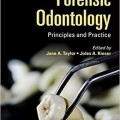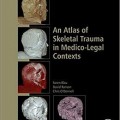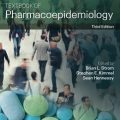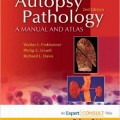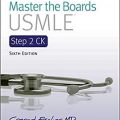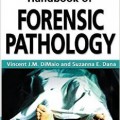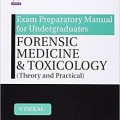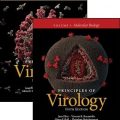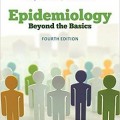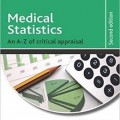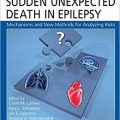دانلود کتاب اپیدمیولوژی پزشکی قانونی: اصول و تمرین
Forensic Epidemiology: Principles and Practice, 1ed
It is an inescapable fact that causation, both generally (in populations), and specifically (in individuals), cannot be observed. Rather, causation is determined when it can be inferred that the risk of an observed injury or disease from a plausible cause is greater than the risk from other plausible causes. While many causal evaluations performed in forensic medicine are simplified by the fact that the circumstances surrounding the onset of an injury or disease clearly rules out competing causes (eg, a death following a fall), there are many cases that present a more complicated picture. It is these types of investigations, in which an analysis of comparative levels of risk from competing causes is needed to arrive at a reliable and accurate determination of the most likely cause, that forensic epidemiology (FE) is directed at.
In Forensic Epidemiology, the authors present the legal and scientific theories underlying the methods by which risk is used in the investigation of individual causation. Methods and principles from epidemiology are combined with those from a multitude of other disciplines, including general medicine, pharmacology, forensic pathology, biostatistics, and biomechanics, inter alia, as a basis for investigating the plausibility of injury and disease exposures and mechanisms. The ultimate determination of the probability of causation (PC) results from an assessment of the strength of association of the investigated relationship in the individual, based on a comparison between the risk of disease or injury from the investigated exposure versus the risk of the same disease or injury occurring at the same point in time in the individual, but absent the exposure. The principles and methods described in Forensic Epidemiology will be of interest to those who work and study in the fields of forensic medicine, epidemiology, and the law.
- Historical perspective on how epidemiologic evidence of causation has been used in courts in the US and Europe
- Theory and science underlying the use of risk to assess individual causation
- Primer on epidemiologic methods, and various measures used to arrive at individualized comparative risk assessments and PC
- The use of statistical methods applied to publicly available data for ad hoc analysis of PC applicable to the specific circumstances of a case
- Background on complementary disciplines, including forensic pathology, death investigation, biomechanics, and survival analysis
- Examples of applied FE in the investigation of traffic injury and death, automotive and other product defect litigation, medical negligence, and criminal prosecution and defense
About the Author
Dr. Freeman has more than 170 published scientific papers, books, and book chapters, primarily focusing on issues relating to forensic applications of epidemiology and general and specific causation. He has published research on the topics of traffic crash-related injury and death, injury biomechanics and injury causation, genocide, cancer epidemiology, chronic pain mechanisms, and adult autologous stem cell therapy, inter alia.
Dr. Freeman holds academic appointments at the CAPHRI School for Public Health and Primary Care at Maastricht University Medical Center, Oregon Health & Science University School of Medicine, and Aarhus University, Department of Forensic Medicine. He serves as an Affiliate Medical Examiner with the Allegheny County Medical Examiner’s office in Pittsburg, PA.
Dr. Freeman holds a doctor of medicine degree (Med.Dr., Umeå University), a doctorate in in public health with a major focus in epidemiology (Ph.D., Oregon State University), and an MPH degree (Oregon State University), inter alia.
Maurice Zeegers is the director of the CAPHRI School for Public Health and Primary Care at Maastricht University Medical Center+. With over 300 employees researchers in the fields of family medicine, epidemiology, methodology and statistics, international health, health promotion, health services research, orthopaedic surgery, rehabilitation, social medicine and ethics, CAPHRI provides high quality multidisciplinary research and teaching aimed at the improvement of the individual’s quality of life and population health through responsible innovation in public health and health care.
As the head of school, Maurice is responsible for helping CAPHRI researchers and educators to excel, enjoy their work and contribute to society, both internationally and in the region. He maintains a broad network of partners, develops the institutional strategy, policies and supervises the daily management of the Institute, including the financial control, the multidisciplinary cohesion, the scientific quality control and production mechanisms, and the external review cycles.
He is full professor of Complex Genetics and Epidemiology and head of the department of Complex Genetics where he and his team perform their scientific studies, within CAPHRI but also within the NUTRIM School of Nutrition and Translational Research in Metabolism. His main interest is in Epidemiology, Analytics, Forensic Epidemiology, Research Integrity, Nutrition, Genetics and Meta-analyses. Maurice has published over 200 scientific papers.
Contents
۱. Legal Considerations of Forensic Applications of Epidemiology in the United States
۲. Epidemiologic Evidence in Toxic Torts
۳. Methods Used in Forensic Epidemiologic Analysis
۴. Causation in Epidemiology and Law
۵. The Role of the Expert Witness
۶. Forensic Pathology
۷. Death Investigation
۸. Injury Biomechanics
۹. Biomechanical, Epidemiologic, and Forensic Considerations of Pediatric Head Injuries
۱۰. Survival Analysis
۱۱. Traffic Injury Investigation
۱۲. Traffic Injury Investigation: Product Defects
۱۳. Product Defect/Liability Investigation
۱۴. Medical Negligence Investigation
۱۵. Criminal Investigation
لینک کوتاه : https://bookbaz.ir/?p=39134
نویسنده : Michael Freeman , Maurice Zeegers
ناشر : Academic Press; 1 edition
سال انتشار : 2016
زبان کتاب : انگلیسی
نوع فایل : PDF
تعداد صفحات : 436
(ISBN) شابک : 0124045847
قیمت کتاب درآمازون : $112.30
حجم فایل : 8 MB


